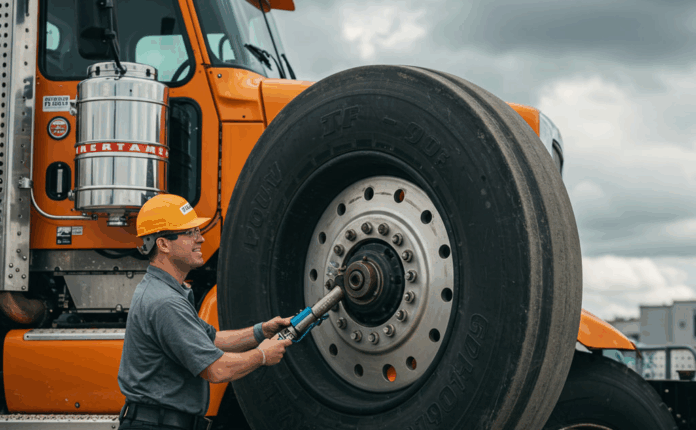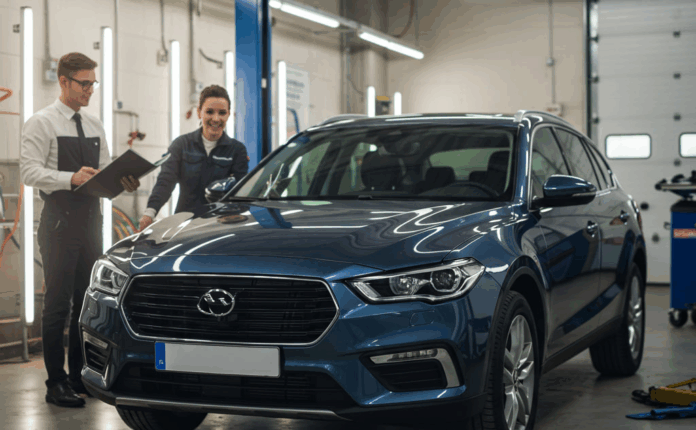Introduction
Dealing with a wrecked car is stressful. The first question that usually pops up is: should you attempt to repair it, or is it better to trade it in? This decision hinges on several factors, and this post will help you weigh your options and make the best choice for your situation.
Assessing the Damage
Before making any decisions, you need a thorough assessment of the damage. Take your vehicle to a trusted mechanic for an inspection and obtain a detailed estimate. This will provide a clear picture of the repair costs. Consider factors like the car’s age, overall condition (prior to the accident), and the extent of the damage. If the repair cost is significantly higher than the car’s current market value, trading it in might be the more practical option. Learn more about determining the value of your car.
The Cost of Repairs
Repair costs can quickly escalate. You should factor in not only parts but also labor charges. Unexpected problems often surface during repairs, pushing the total cost far beyond the initial estimate. Use an online repair cost estimator to get a general idea, but remember it’s just an estimate. Always get a professional assessment from a mechanic you trust. If your insurance covers some of the cost, make sure to understand your policy details fully. Understanding insurance payouts for accident repairs is crucial to your decision.

Trading In Your Wrecked Car
Trading in a wrecked car is usually straightforward. Dealerships are equipped to handle damaged vehicles. However, expect a significantly lower trade-in value compared to its pre-accident value. The reduction will depend on the extent of the damage. Research current market values for similar vehicles to understand what a fair offer would be. Some dealers will offer you the opportunity to sell your car privately, which may increase your profits. Use online resources to check current market values.
Weighing the Pros and Cons
Repairing your car offers the advantage of potentially keeping your vehicle. However, this option requires a significant financial investment and commitment of time. If the repairs are extensive and costly, the car may still be unreliable after repair. Trading it in offers a quicker solution with less hassle, allowing you to move on to another vehicle. But you will likely receive a lower value for your car than if it had been in good condition. Considering your financial resources and the vehicle’s overall worth is vital. Consult with a financial advisor to weigh your options.
Conclusion
Ultimately, the decision of whether to repair or trade in a wrecked car is a personal one. Carefully assess the damage, compare repair costs to the car’s value, and consider your financial situation. Weighing the pros and cons of each option will help you make the most informed decision.

Frequently Asked Questions
What if my insurance won’t cover all the repairs? If your insurance doesn’t cover all the repairs, you’ll need to evaluate if the remaining cost is worth it based on the car’s value.
Can I trade in a car with a salvage title? Yes, you can usually still trade in a car with a salvage title, but expect a much lower trade-in value.
What documents do I need when trading in a wrecked car? You’ll need your car title, registration, and insurance information when trading in a damaged vehicle.
How much will the trade-in value decrease after an accident? The decrease in trade-in value will vary greatly depending on the extent of the damage and the car’s make and model. It’s best to get multiple appraisals.
What are my options if the repair costs are too high? If the repair costs exceed the car’s value, trading it in or selling it for parts might be the most sensible options.



